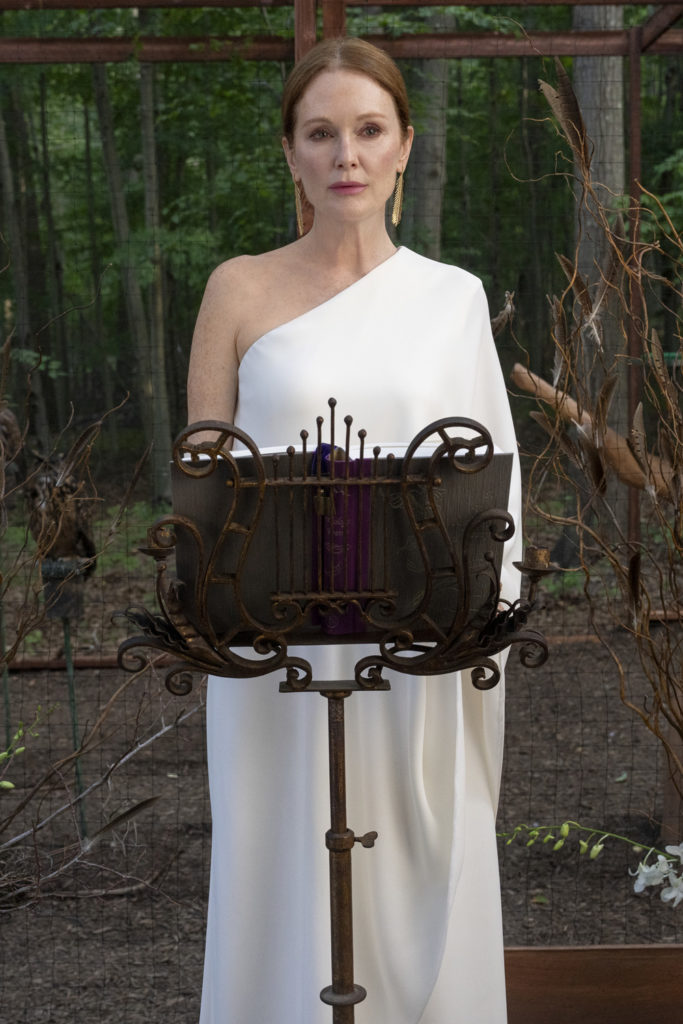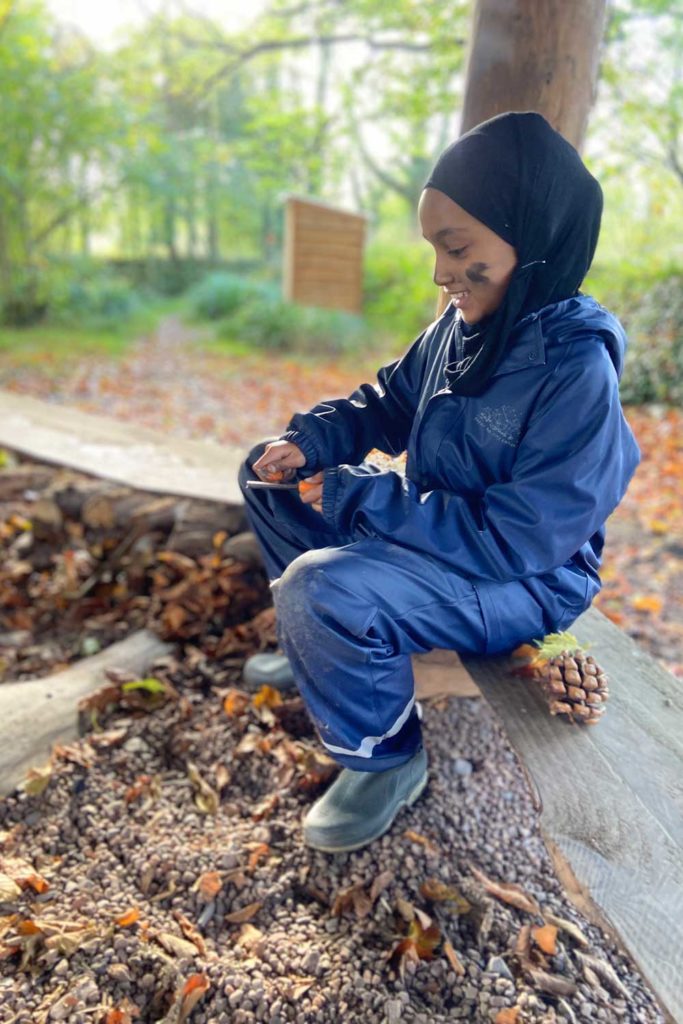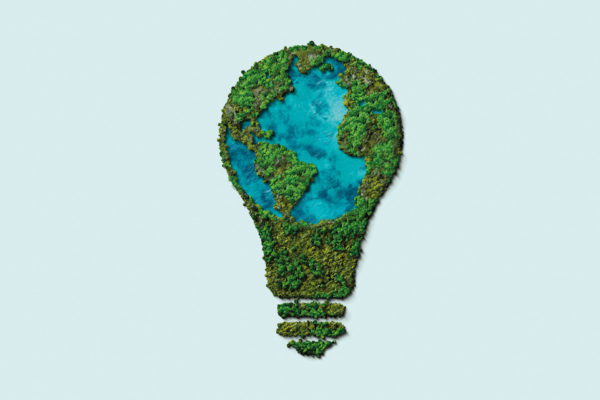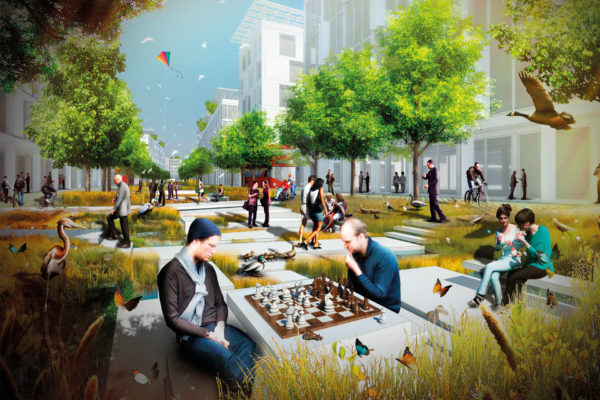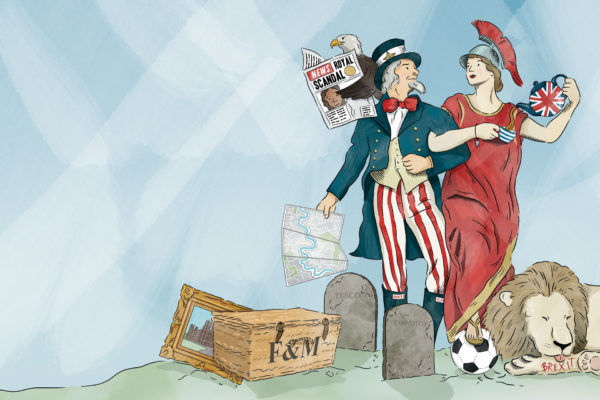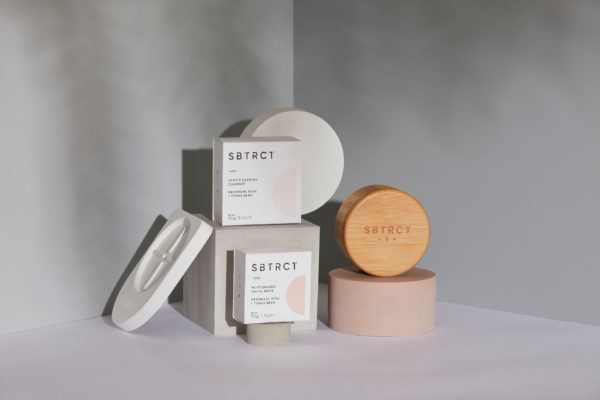How to be a Citizen of the World – Not Just a Consumer
By
3 years ago
Community, not consumption
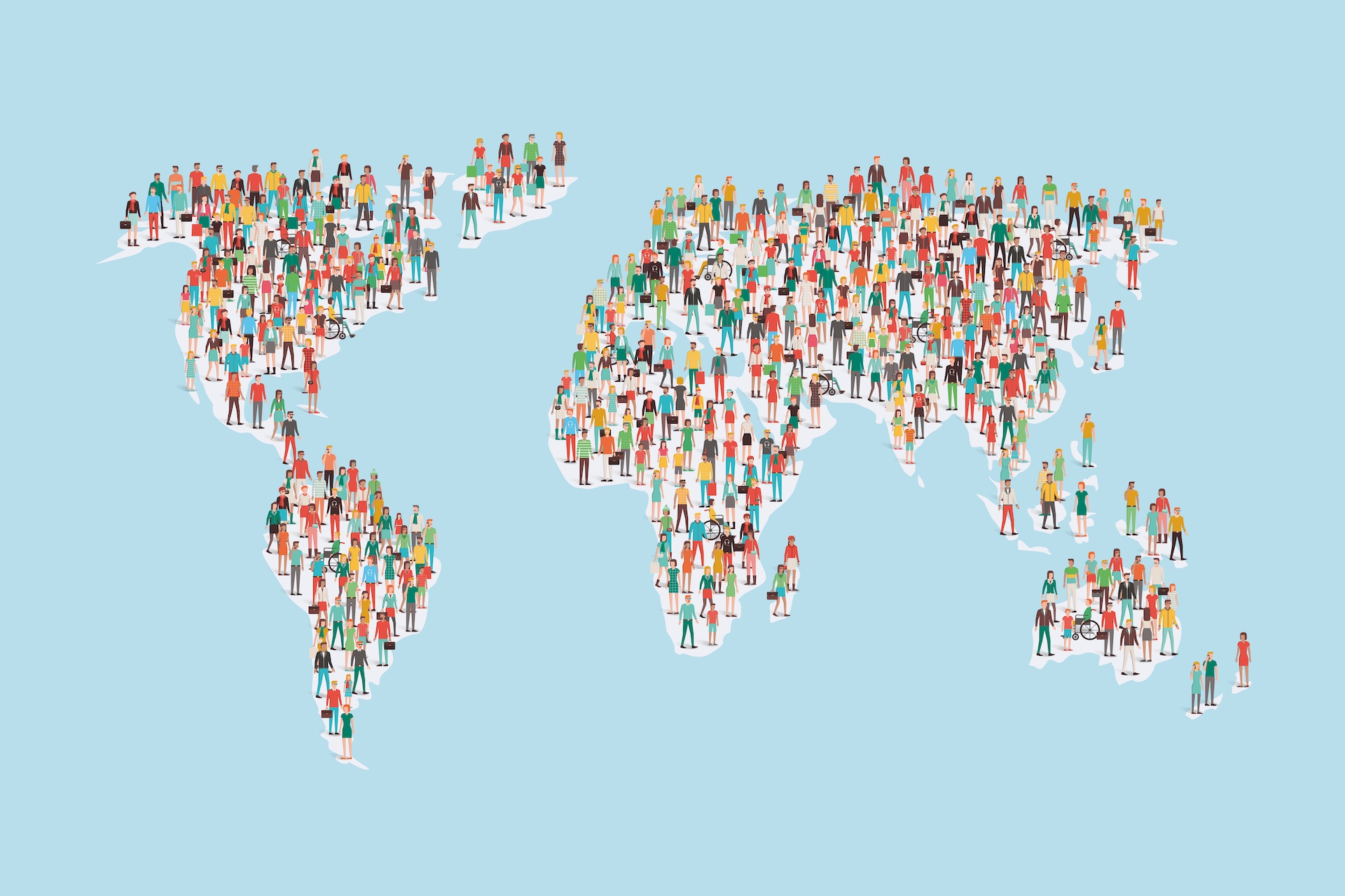
For too long we’ve been fed the consumer story. We need to reframe ourselves as citizens and celebrate the source of creativity, energy, collaboration and ideas that we all are, argues Jon Alexander
The End of the Consumer
The Bristol Beacon is a testament to our changing times. There has been a building on the site since the Middle Ages: a monastery, a mansion, a sugar warehouse, a school, and from the late 19th century onwards, a concert hall and music venue. This latest incarnation has endured 150 years, reflecting the eternal human passion for music and performance, but the kind of performance has changed dramatically – from Sergei Rachmaninov to Pink Floyd.
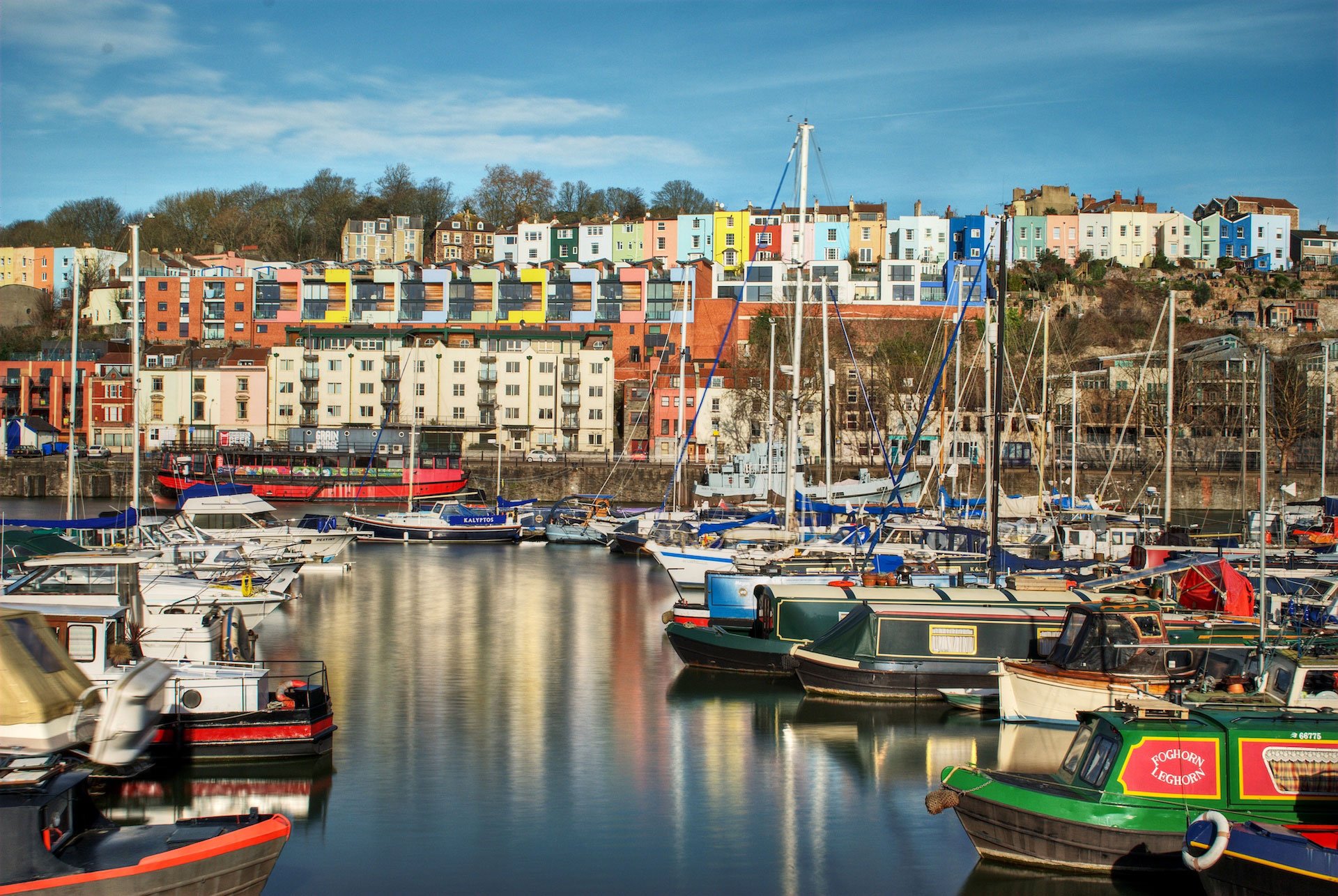
Bristol marina. © Wikimedia Commons
Meanwhile it has been rebuilt several times, most recently in 2009, and in 2020, it underwent another kind of change: previously known as Colston Hall, this was the most prominent of the many Bristol landmarks named after the slave trader Edward Colston to change its name in the aftermath of the Black Lives Matter protests, and the toppling of Colston’s statue into Bristol harbour.
Now there’s another change taking place, one that just might be the most significant of all. When the Bristol Beacon fully reopens after another refurbishment this year, it will no longer just be a music venue, but now also a power plant. Three hundred and forty-eight solar panels will adorn the roof, generating 116,000 kilowatt hours of electricity every year. What is most important, though, is the fact that this array is owned by the pioneering Bristol Energy Cooperative, which last summer raised over £1.3m from its members – the everyday people of Bristol, with individual investments starting from as little as £100 – to fund the Beacon installation and a number of others.
With this latest change, the Bristol Beacon is taking on the full mantle of its name in this moment in time. Freshly adorned with its panels, it represents a powerful point of light in the dark landscape of the energy crisis, one that shows a way forward in this context and more broadly. Bristol is lighting the way to a Britain powered by renewable energy, from sources that are owned by local communities, and therefore not just reducing bills but actually generating revenue.
The vital truth illuminated by the Beacon is that all of the multiple crises of our time can be solved; what that requires is that we all recognise and step into our agency not just as consumers, but as producers, investors, owners, and above all, citizens.
Is Sustainable Consumption Possible?
This is a very different proposition to the lullaby of ‘sustainable consumption’, the idea that our primary contribution to making the world better is to buy better stuff, to ‘vote with our wallets’. I say this as one who used to be an advocate, indeed a practitioner. I spent the first decade of my career working in advertising, working as much as I could on ‘good’ brands: promoting Eurostar over flying, Fairtrade chocolate, a brand of toilet roll that promised to plant three trees for every one cut down, and so on. But I gradually came to acknowledge that even within the walls of the agency I was working at, for every pound spent promoting the ethical or environmental alternative, another five, ten or even 20 were at the same time pushing the opposite. And then I worked on a project that really broke my heart.
The client was Unilever, the food and healthcare multinational that was then and remains to this day a paragon business of sustainable consumption. Having played a major part in convening the Roundtable on Sustainable Palm Oil (RSPO), work that was crucial to reducing rainforest clearance across the world, Unilever’s marketing team came to the agency I was working at with a brief to promote sustainable palm oil, and invite its customers to be part of the solution.
I knew the background: Unilever’s part in RSPO had been initiated in response to direct action from Greenpeace, which saw activists in orangutan costumes scale several of the company’s buildings and drape banners which read ‘Stop destroying rainforests for palm oil’. I proposed that the ads should celebrate this dynamic. The concepts featured images of those protests, with the line, in the voice of Unilever: ‘This was our wake up call. This is yours.’ They acknowledged the role of activism and its potentially powerful positive relationship with business, encouraging consumers to recognise this at the same time as encouraging them to seek out the ethical alternative.
In testing, the ads were hugely impactful. People wanted to know more – about palm oil, but also about Unilever and indeed Greenpeace. The ads made them think differently about all three: making palm oil a major issue, repositioning Unilever as a committed ethical business, and framing Greenpeace and activists in general to be embraced as courageous rather than feared as dangerous. They went up through the chain of command at Unilever for approval.
They never came back. The budget was cut, and a replacement dictated to us: beautiful rainforest imagery, with the line: ‘What you buy in the supermarket can change the world.’ The message was reduced from a powerful endorsement of the role and power of activism, to a lullaby of consumption. Instead of taking the opportunity to celebrate and invoke agency, Unilever had chosen instead to say ‘Hush little people. Just go shopping. We’ll fix it.’
Buying Better
I’m not saying buying better isn’t, well, better than nothing. Purpose-driven firms are radically rethinking sourcing practices, product design, value chains, even ownership structures, and that’s to be celebrated. Last year has seen several major advances. Selfridges has announced a target of 45 percent of transactions to be based on resale, repair, rental or refills by 2030; Patagonia, which was already leading in so many ways in reducing the negative impact of their supply chain, is now owned by a charitable trust, with its profits redistributed to environmental causes. Both represent good news. It’s good to buy from these businesses rather than others, just as it’s good to fly less, eat less meat, avoid single use plastics, and so on.
But it is not enough. Ultimately, all these shifts contribute at best to reducing our negative impact as individuals, because that’s all we’re assumed to be capable of. What the Bristol Beacon illuminates is the fact that that is not the case. We are not just consumers, individual buying machines for whom the best case scenario is to cause minimal damage. We are citizens: creative, collaborative creatures who are at our best when we’re involved, and working together to maximise our positive impact. We are not just consumers who occasionally vote; we are citizens who sometimes consume.
A Brave New World
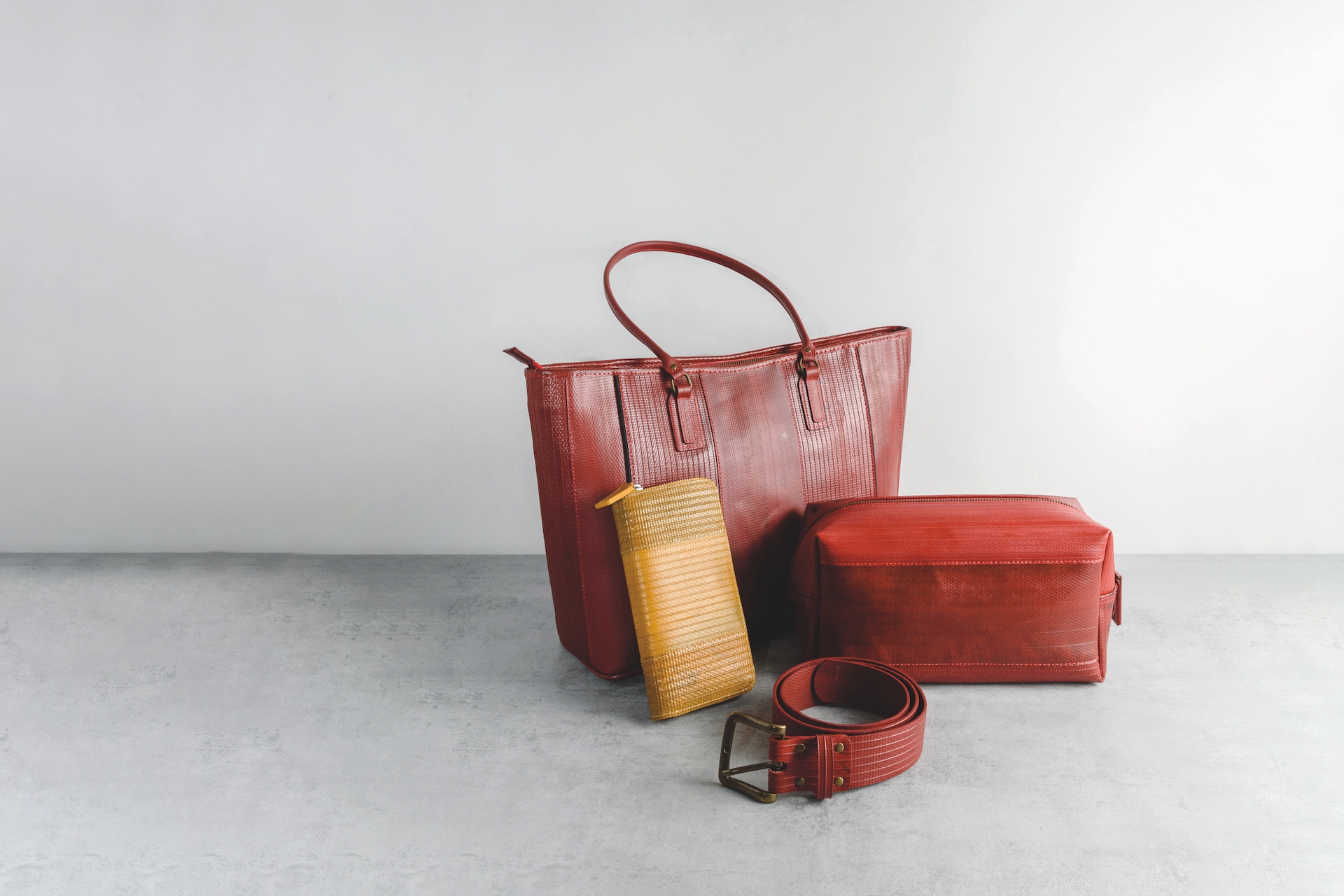
Elvis & Kresse’s accessories made from reclaimed fire hoses are stocked on BuyMeOnce
Organisations like the Bristol Energy Cooperative are deeply rooted in this truth. Such organisations see people not just as consumers, through the lens of transactions, but as citizens, sources of ideas, energy, and investment. Once you start to look for them, they’re everywhere, in every town and city, and covering every aspect of society.
BEC is one of over 300 community energy groups in England alone. Stepping out of energy but staying in Bristol, We Can Make is another pioneering organisation based in the south of the city, tapping into the knowledge of local people to identify small scale plots suitable for new housing, crowdfunding to buy the land and put it into a community land trust, then building and letting the resulting property out at affordable rents. And then there’s The Bristol Cable, an award-winning news outlet owned and funded by thousands of local people, widely lauded as a new model for local news.
Up in Grimsby, an organisation called East Marsh United, which started activities with informal litter picks just a few years ago, recently successfully closed a £500,000 ‘community share’ offer. That money will be enough to buy ten houses, refurbish them through local jobs at a decent wage, and let them out, providing a sustainable revenue stream for the organisation as well as a return for investors. The football club, Grimsby Town, and the brewery, Docks Beers, are two of a host of local businesses under new ownership and committing their resources and spaces to rebuilding local pride and resilience. In Coalville in Leicestershire, ambitions are if anything even higher; an organisation called Coalville CAN is leading on plans to take up the lease on a disused leisure centre and turn it into, among other things, a National Parkour Centre.
The best businesses are stepping into this understanding. The online retailer BuyMeOnce, which exists to break the cycle of designed obsolescence, has a theory of change rooted in getting people to ‘buy once’ from them, something that they love and that lasts, instead of buying ten times from a standard retailer. Research into products and producers is a vital part of the BuyMeOnce offer, and increasingly the company is tapping into its customers to help them do it, asking them what products they want on the site, what things have let them down, what could be made better, and what things they love. This is the first step in a strategy that is positioning BuyMeOnce less as a conventional retailer people buy from and more as a community people buy into and contribute to.
Yuup is a new business which has gone one step further. It operates like an Airbnb for local experiences, enabling florists to offer flower arranging, cafes to offer baking lessons, and so on, and in doing so supports local economies. Already established in three UK cities and on a swift growth trajectory, Yuup is primarily funded through equity crowdfunding – it is owned by its customers. And then there’s Peepl, a new competitor to Uber Eats and Deliveroo which is owned by a combination of its customers and the local restaurants whose food it delivers, and so designed to sustain the local economies in the cities where it operates. It is rapidly expanding from its founding base in Liverpool.
How do you get started as a citizen? The first step is simply to look around you, in the places where you live and work, online and in real life. Find the others, and get involved. This reality is everywhere, just waiting for you to join in with it. So go find your power. I think you’ll enjoy it.
Jon Alexander is the author of Citizens


